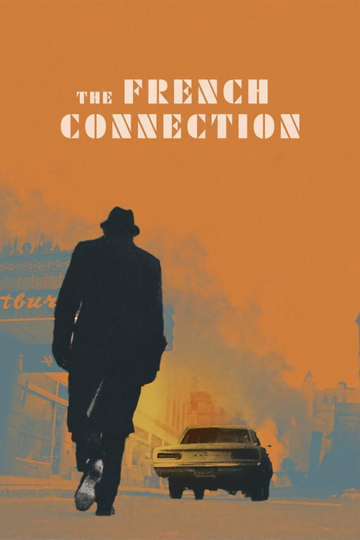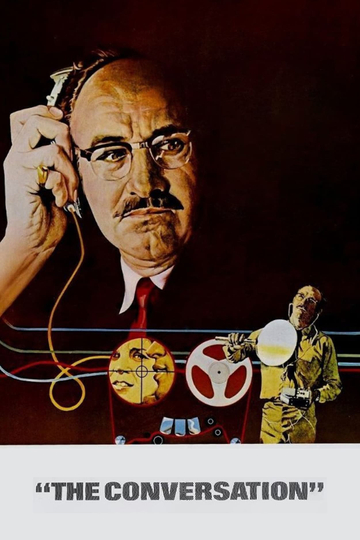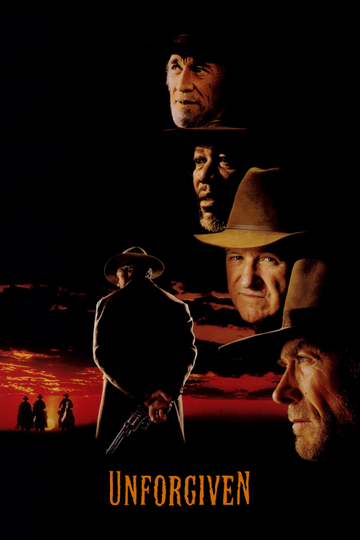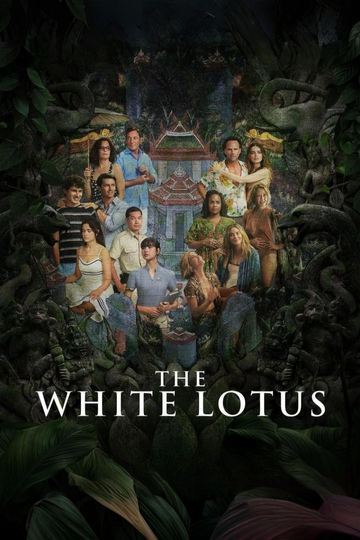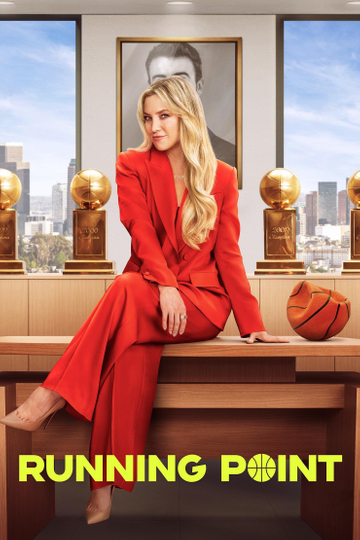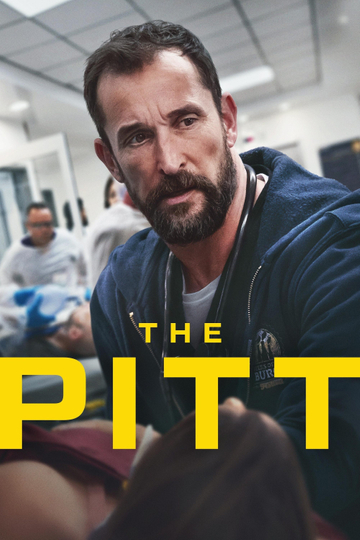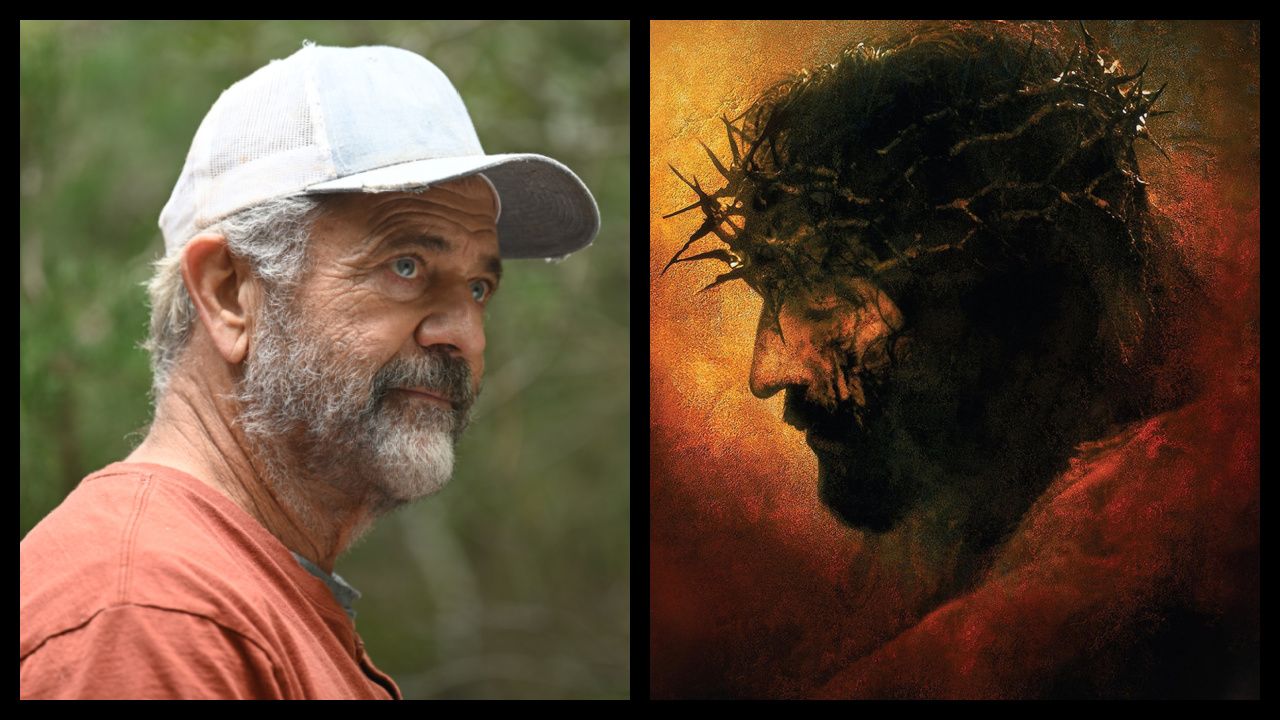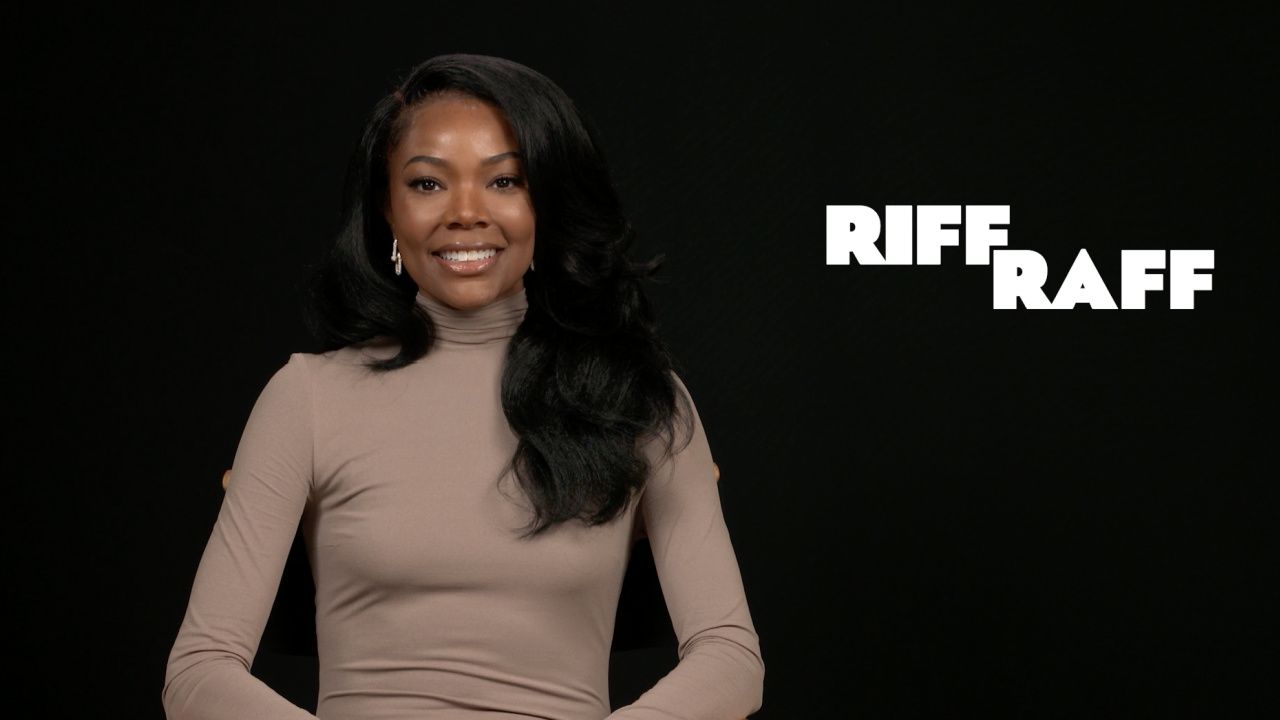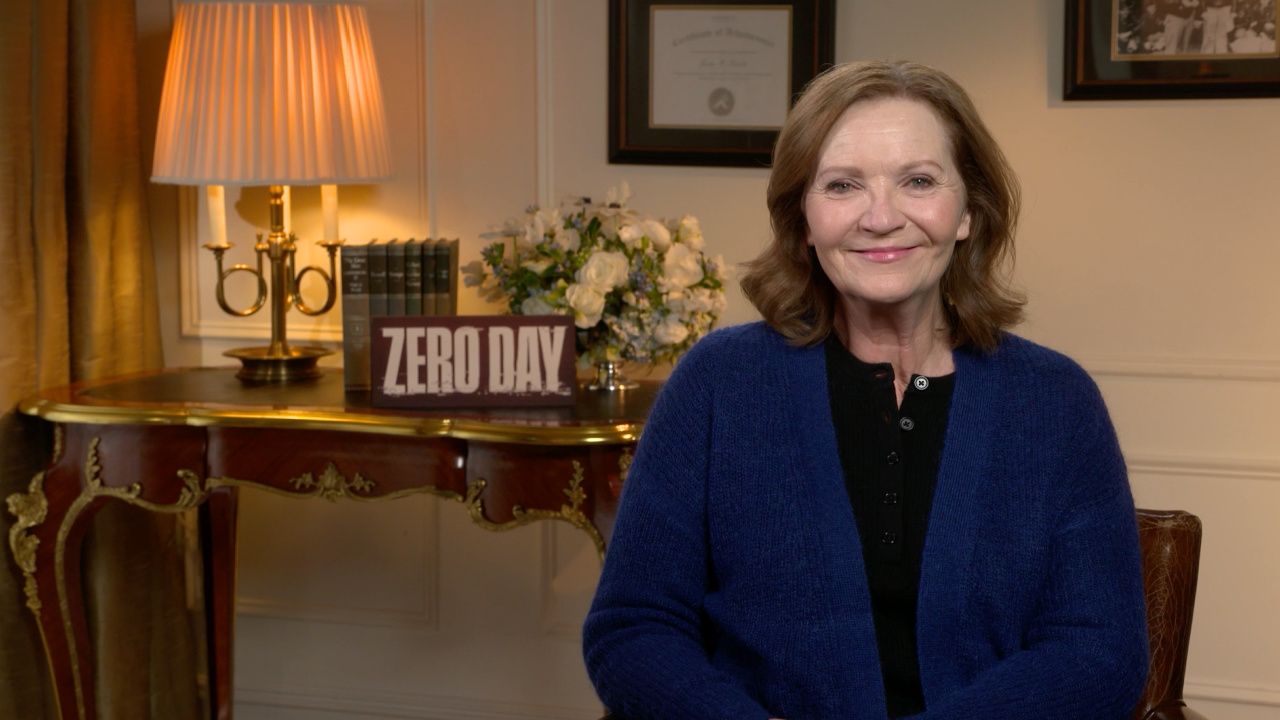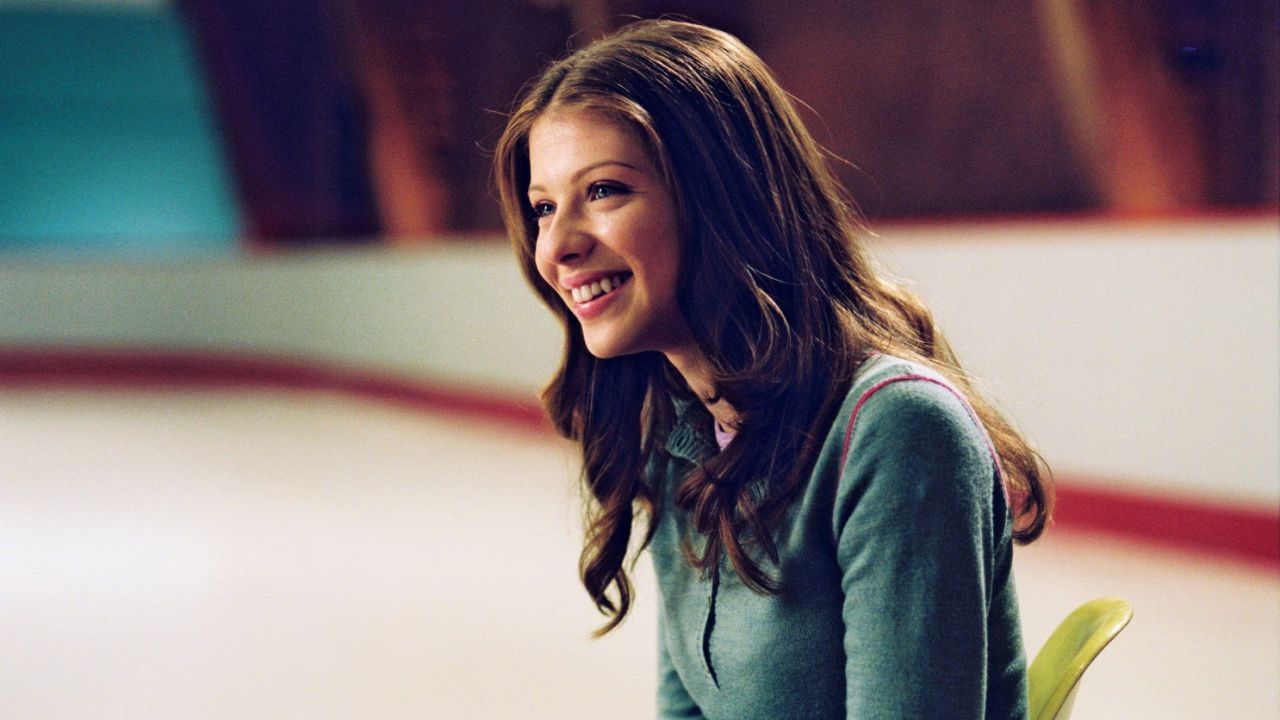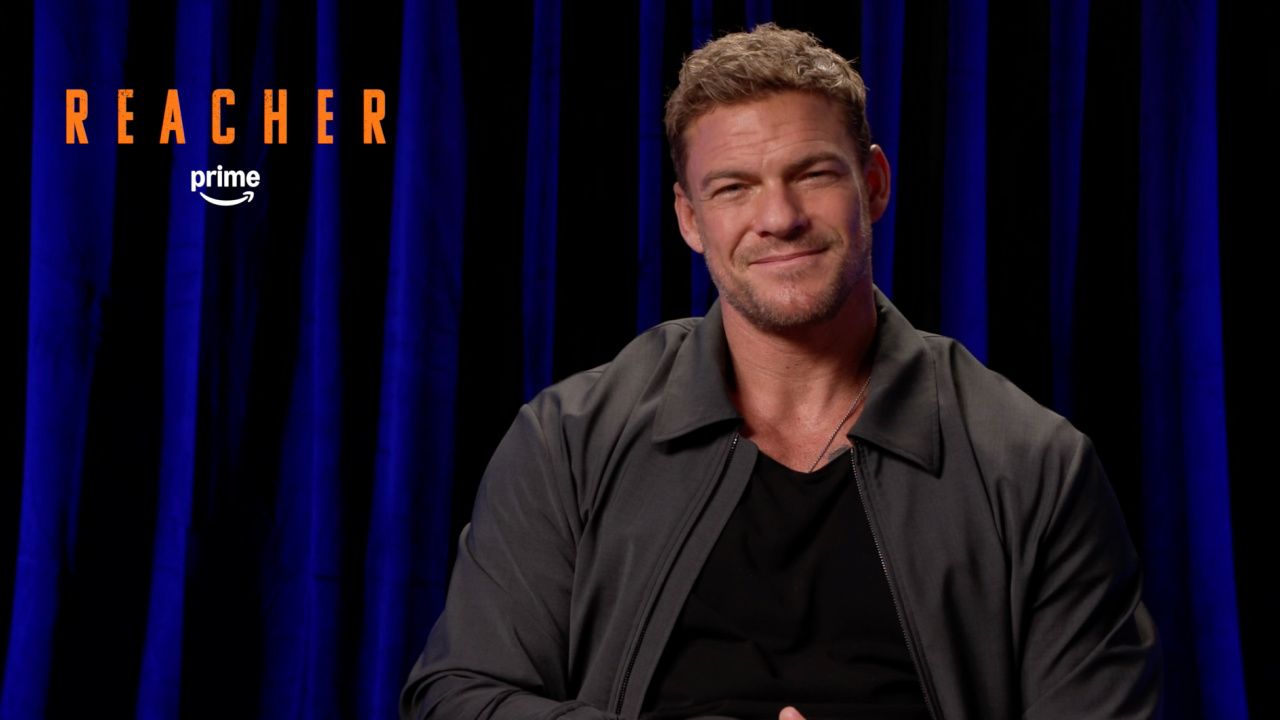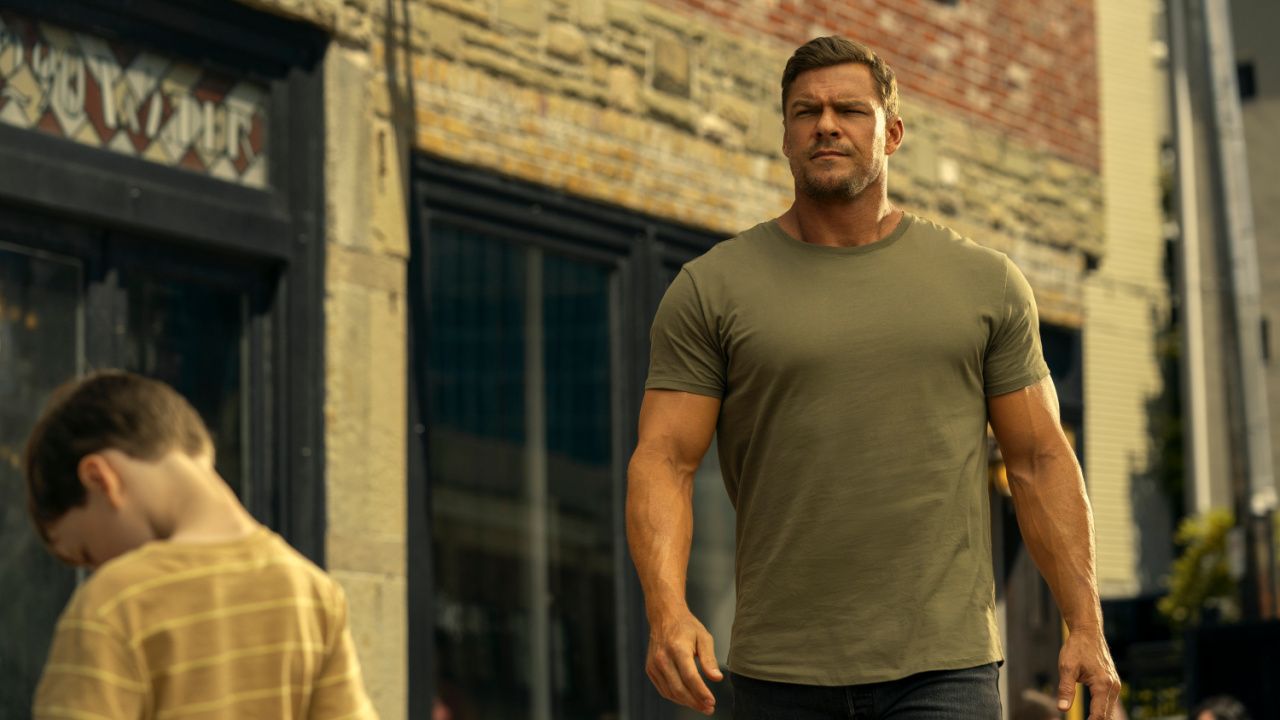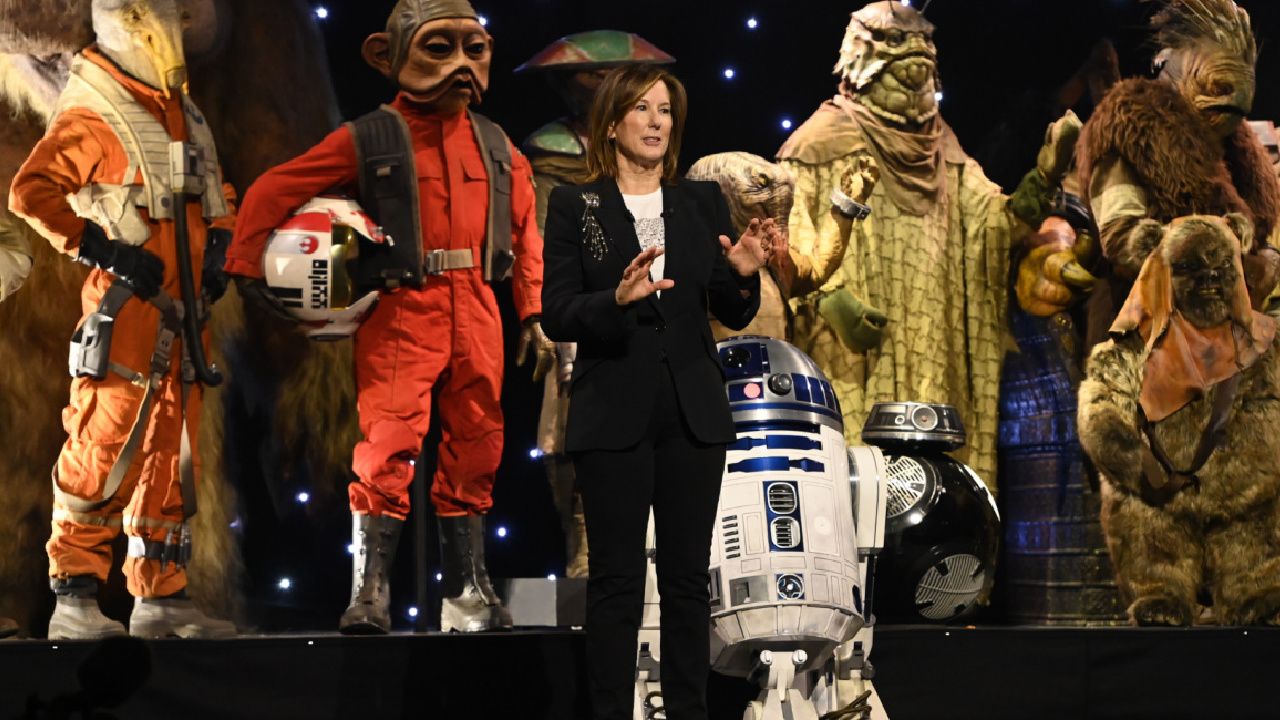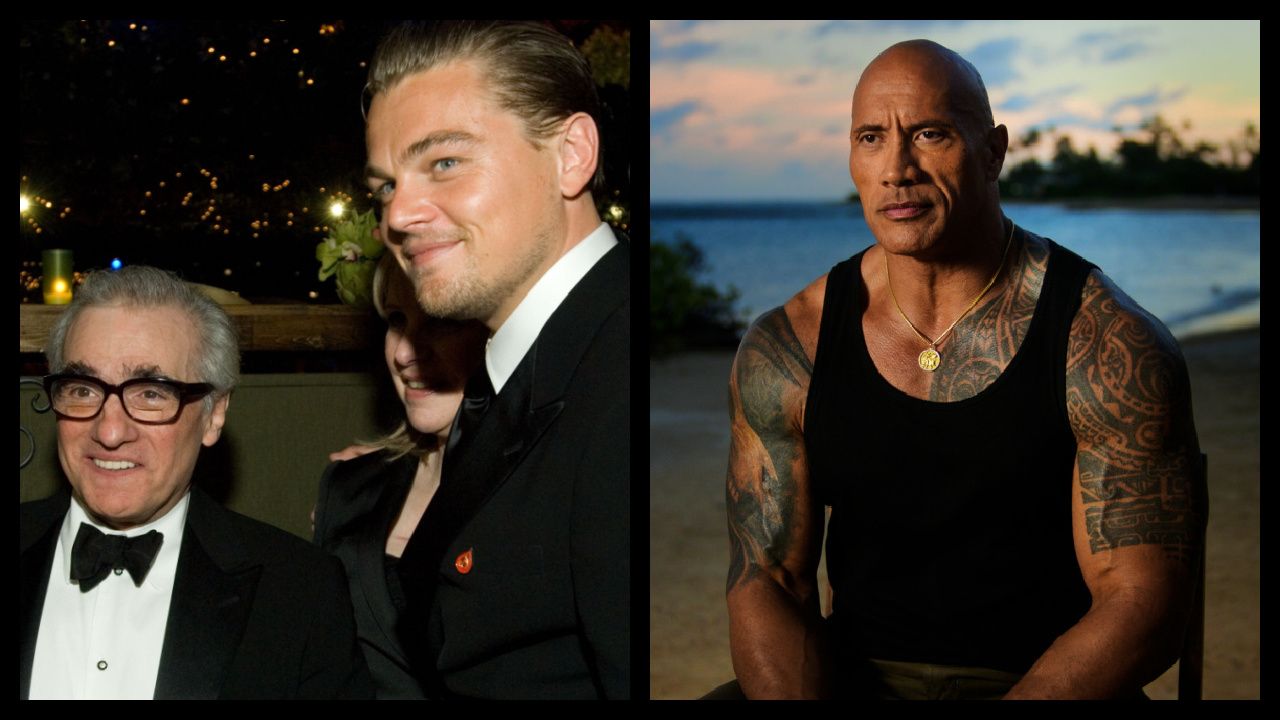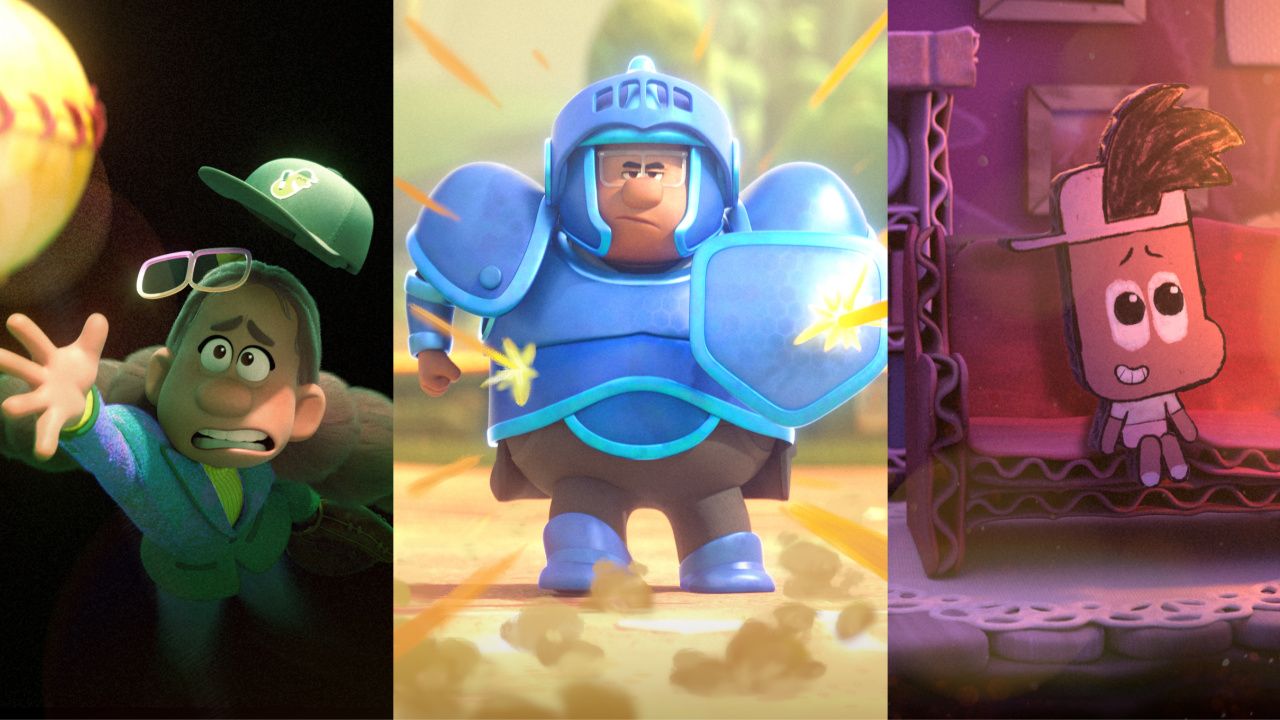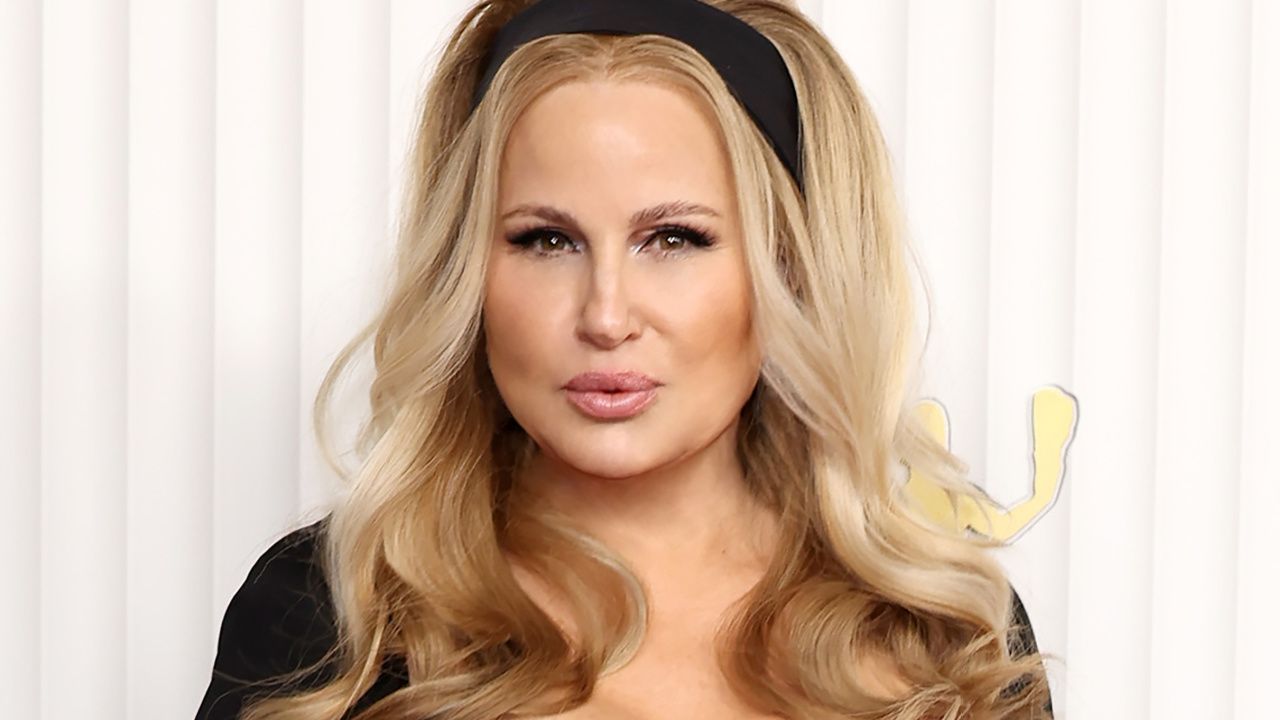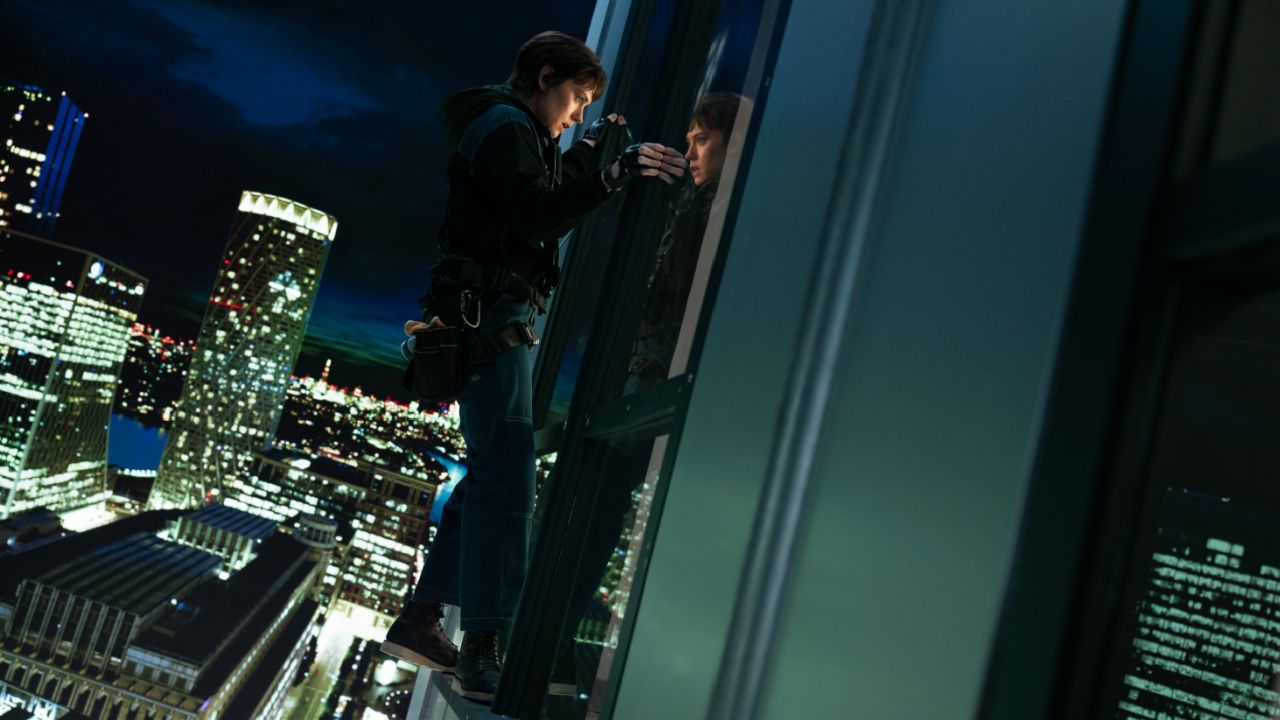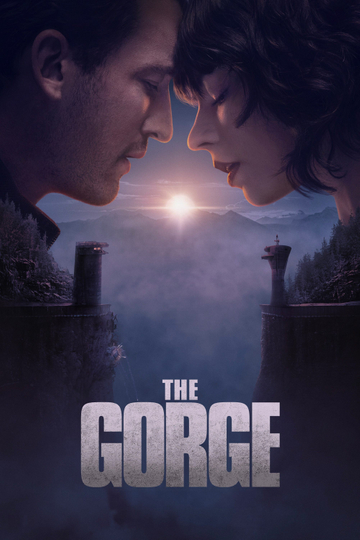How These Oscar-Nominated Directors Broke the Rules
The first rule for these Oscar-caliber filmmakers was to break all the rules.
Made in Hollywood sits down with Best Director nominees Barry Jenkins of "Moonlight," "Damien Chazelle" of "La La Land" and Mel Gibson of "Hacksaw Ridge" and director Raoul Peck of Best Documentary nominee "I Am Not Your Negro" to find out what they were thinking long before they were thinking about awards.
Barry Jenkins, Moonlight
When Barry Jenkins set out to make a movie based on Tarell Alvin McCraney's play, "In Moonlight Black Boys Look Blue," his only goal was "to do right by Tarell" and his profound story about the struggle to accept one's sexuality. Only later did he get to appreciate the importance of the critical acclaim and Academy Awards buzz.
"All these other things are amazing in that they help boost the signal of the film," Jenkins, nominated as director and screenwriter, tells Made in Hollywood reporter Patrick Stinson, "and that is important because there are people who feel like they're voiceless and I think this movie might help carry their voices."
https://www.youtube.com/watch?v=s3M2tWFuL14&t=49s&index=11&list=PLaE1vFjVg7PPQcWMrXRnnqqDkL7vijhUh
Damien Chazelle, La La Land
When Damien Chazelle envisioned "La La Land," he hoped to tap into a secret part of the audience's psyche. "I was so adamant about trying to make a musical that would reach out to people who think they don't like musicals," he tells reporter Julie Harkness Arnold. "It's just that musicals have gotten a bad rap."
"I think musicals -- and what I wanted to get back to with this movie -- are actually about a very simple idea," Chazelle, nominated for director and screenplay. "It's just that if you're emotional enough, you break into song. That means if you're emotional enough, in love enough, the rules don't apply anymore or logic kind of goes out the window. It's this incredibly free emotional kind of filmmaking and storytelling that I just think gives you just license to play in a way that's really wonderful."
https://www.youtube.com/watch?v=5telfhCHqrw&t=152s&index=13&list=PLaE1vFjVg7PPQcWMrXRnnqqDkL7vijhUh
Mel Gibson, Hacksaw Ridge
For "Hacksaw Ridge," Mel Gibson confronted a seeming paradox: telling a war story centered on a man religiously opposed to fighting in wars. The World War II film about Medal of Honor medic Desmond Doss accomplishes this by exploring the true meaning of heroism, Gibson says.
“He believed in something greater than himself, and he was willing to sacrifice his own life for his brothers, and this is the greatest act of love anyone can do,” he says. “In the midst of hell, where most men are becoming animals, he was honing this aspect of himself and doing glorious things, and saving lives. He was life-affirming in the midst of death. It’s kind of a cool story.”
https://www.youtube.com/watch?v=-CXcPS333xs&index=6&list=PLaE1vFjVg7PPQcWMrXRnnqqDkL7vijhUh
Raoul Peck, I Am Not Your Negro
While Samuel L. Jackson narrates the documentary “I Am Not Your Negro,” every word comes directly from the writings of movie’s subject, James Baldwin, a key element to director Raoul Peck's effort to show how a man who gained fame decades ago has never been more relevant.
“The motivation to start this particular project came at a time when I felt we were not addressing the right issues, in particular in this country and elsewhere as well,” says Peck. “We were not hearing the right voices. The voice of a James Baldwin had somehow disappeared. And I could not understand when I was experiencing how important he was that the new generation basically knew nothing about him. I felt it was an important film to do.”
https://www.youtube.com/watch?v=bdeqn2rH9Z4&t=7s&index=9&list=PLaE1vFjVg7PPQcWMrXRnnqqDkL7vijhUh

